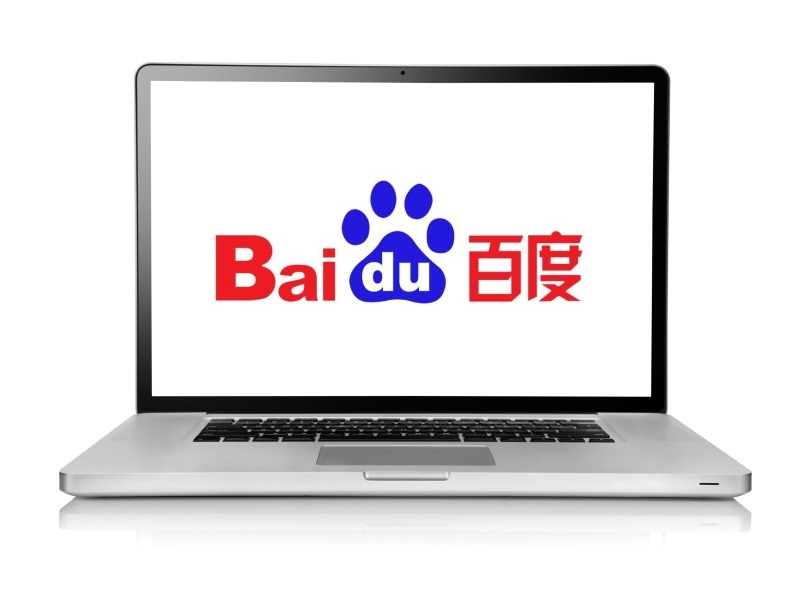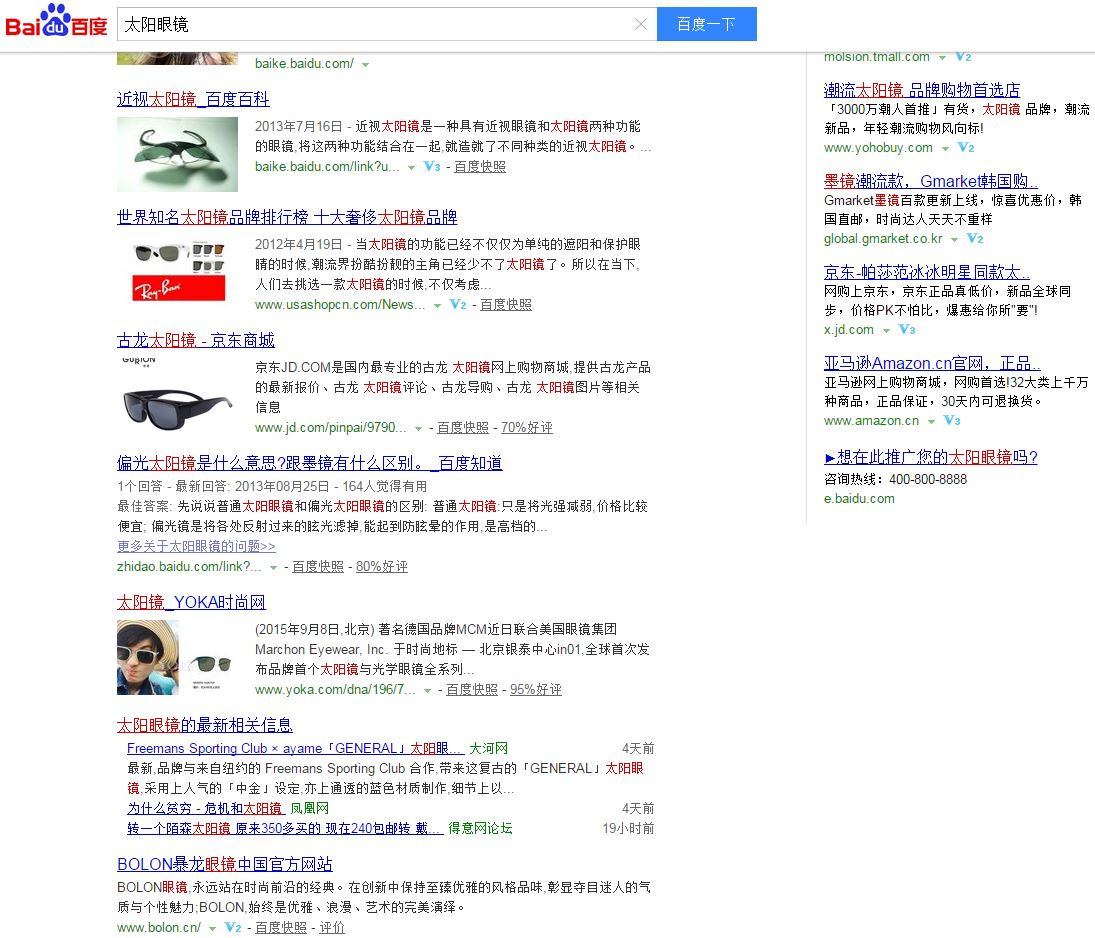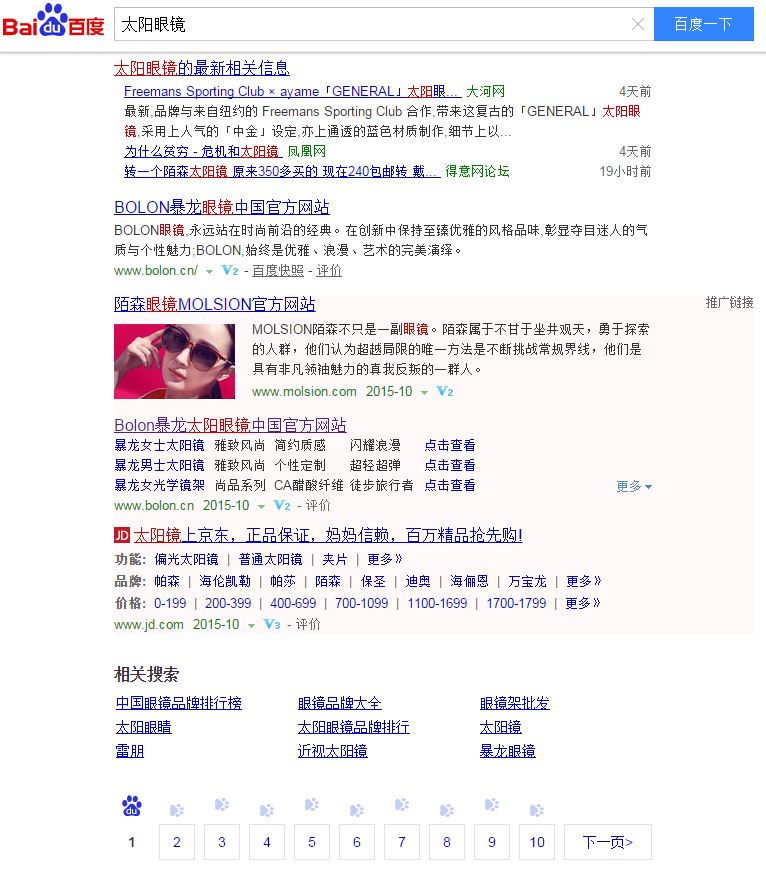Every proper marketing campaign in any market should first start with market research. Fortunately, it doesn’t always have to be an expensive market study, complete with complex competitive analysis and forecasts. Often times, a simple internet research, such as with Baidu search engine, would do just fine, but, of course, you should first know where and how to look.
This post is the first one in the upcoming three part series covering basic market research in China.
Baidu Search
Due to a number reasons, the familiar digital marketing tools, which are mainly run by Google in the Western markets, are not available in China. Google search engine market share in China has fallen below 1% this year and all the Google services, such as Google docs, Google maps, Google analytics etc., have also become blocked from access. This fact alone is making life quite difficult not only for marketers but for regular citizens and businesses.
Luckily, there is an alternative and it is Baidu (baidu.com), the largest Chinese search engine with about 60% market share.
In fact, just a few years ago, Baidu was much more dominant reaching about 80% of the total search market. Since then, other popular services became more competitive and managed to grab larger market share away from Baidu. Those platforms are 360 Search (haosou.com) and Sogou (sogou.com) holding somewhere around 30% and 15% respectively as of the end 2014.
Here I will be mainly focusing on Baidu but, in principle, other search engines are fairly similar and can also be used for the purpose of basic market research.
Just like with Google, your basic research can start with a simple search term of a product translated to Chinese. Now, a word of warning, I strongly advise against using Google Translate or other machine translation program for that. You must find a native speaker to verify the term that you are interested in.
Let me give you an example. Suppose you are interested to search for the term “sunglasses”. Here is what Google Translate would return:
Unfortunately, even though the translation may technically be correct, no one in China actually uses the term太阳镜.
The proper term for sunglasses is太阳眼镜 and this is what you should be using for Baidu search. Once again, Google Translate cannot be relied upon even for a translation of simple keywords, let alone complex “long tail” ones.
Anatomy of a typical Baidu search results
Here is an example of a Baidu search results for the term “sunglasses” (太阳眼镜). Paid results are typically grouped at the top and on the right panels like in the example below:
Compared to a typical Google search results page, with Baidu, it is somewhat harder to tell the difference between paid and organic results. In fact, the only thing that indicates paid ads would be a small word “推广” at the bottom right.
For popular keywords, there would be very few organic results (if any at all) on the first results page.
Next, you would typically see results from Baidu-owned sites like Baike (equivalent to Wikipedia) or Baidu Zhidao (Chinese “Yahoo answers”).
News related results would be ranked next followed by the results from ecommerce sites. Interestingly, links to the largest ecommerce platforms of Alibaba, Taobao and Tmall, would not be shown at all. This is the result of the fierce competition between Baidu and Alibaba.
Finally, closer to the end of the page in this example, you can finally see a few organic results followed by another block of ads:
What can you learn from Baidu search? First, you can immediately see the level of competition in your intended market. If there are many paid ads, be prepared to compete with those advertisers for the same keywords.
Next, you will be able to learn who the main competitors would be and what they are offering. It’s a good idea to go and see their sites, explore the offers, sales strategies and distribution channels.
Finally, basic search would give you a better sense on whether it would be wise to invest in Baidu pay-per-click (PPC) or SEO to get ranked organically. I’m going to discuss those choices in more details in the future posts.
Stay tuned for the upcoming post on how to perform basic market research with Chinese online marketplaces.








